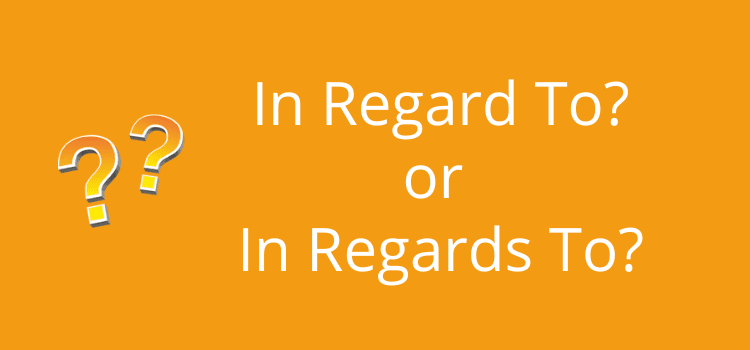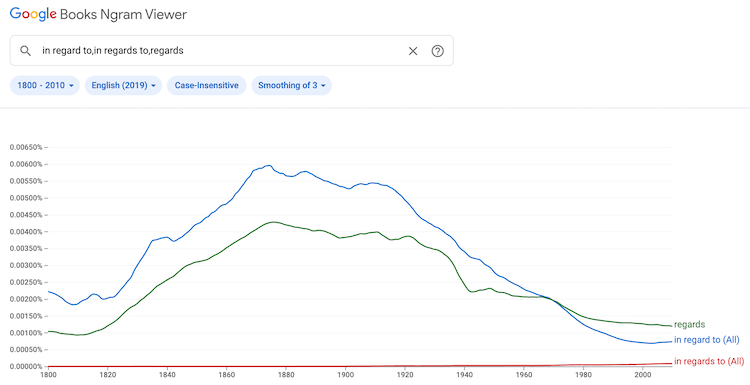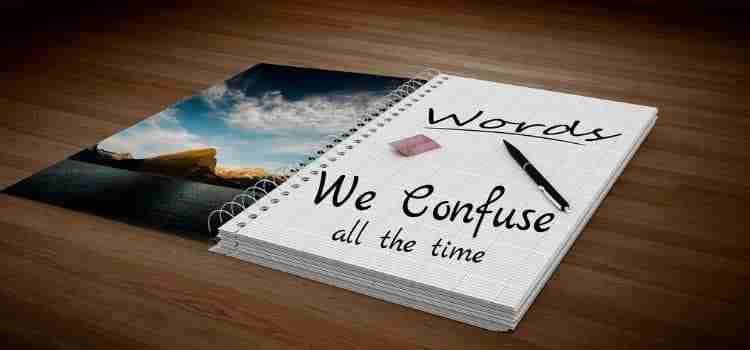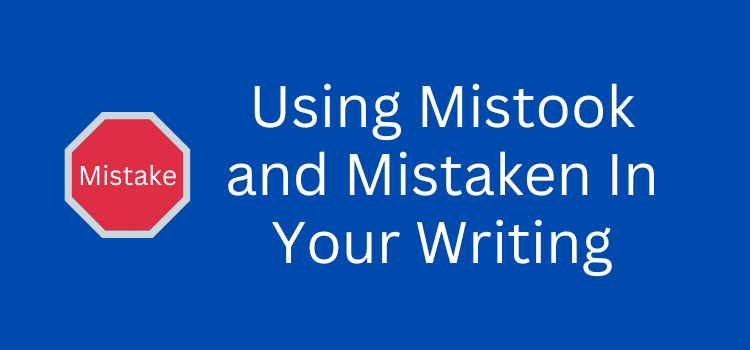
Yes, the correct answer is in regard to. It is incorrect to use in regards to.
It’s so easy to make this mistake when writing, and it’s an error you can miss when proofreading.
However, the grammar for regard and regards can be a little confusing because it is also correct to use as regards.
Then there are the salutations like best regards, and give my regards to your father. Let’s look at how you can get this grammar point correct.
Why in regard to is correct
In the examples below, regard is a mass noun like advice, education, bread, or information.
That’s why there is no S at the end of the word.
We are writing to you in regard to your complaint about our service.
In regard to environmental concerns, our company will be transitioning to green energy.
The noun in this form means attention to or concern for something.
But it is becoming somewhat of an old-fashioned expression.
There are better options you can use for formal or informal writing.
In reference to your complaint, we will send you a full refund within 30 days. (Formal)
Regarding/Concerning your unease about security in your building, we have increased the frequency of patrols. (Neutral)
I’m writing to you about your request for a refund. (Informal)
In regards to is incorrect, but as regards is correct
To add a little confusion, using as regards in a sentence is correct.
It is because, in this form, it is a verb, not a noun.
You’ll notice that it is always followed directly by the subject. It might sound awkward, but it’s the correct use.
The situation as regards security does not seem to be improving.
As regards the wedding date, it’s yet to be decided.
There are no rules as regards a dress code.
Even though it is grammatically correct to use as regards, it’s worth avoiding because it reads so poorly.
Again, using about, regarding, or concerning would probably be a better choice.
What are your regards?

When we use the noun regards in greetings, it is always plural.
But it’s the same for many other words we use to express friendliness.
Give my regards to your brother.
When you see her, please give her my kind regards.
Please give your mother my best wishes.
Give my compliments to the chef.
Hello and greetings to all of you.
Please pass on my condolences to your family.
My thoughts are always with you.
Regards is a word going out of fashion
There’s a great tool to check word usage over time.
Google’s Ngram viewer gives you a look at how often a word or phrase is used.
Here’s the result to show you how quickly regard and regards are losing steam.

As you can see, it’s a word and expression that is being used less and less frequently in modern English.
It’s probably proof that it is worth avoiding or replacing it if you can.
But if you are writing 19th-century fiction, well, it might be appropriate.
The meaning of the verb regard
The verb regard originated in Middle English from the Old French verb regarder, meaning to look at, take notice of, or watch.
But in modern English, the verb now takes the more common meaning of to consider or think of.
Even though Anna was born in Germany, she now regards London as home.
The government regarded the protests as illegal gatherings.
I must admit that I regard the whole episode as a farce.
Regard as a noun
The noun has many meanings.
But generally, it means attention to or concern for something, esteem, or an aspect to take into consideration.
May can work from home, so she is fortunate in that regard.
The council passed the new by-law without regard for the concerns of local residents.
Aaron’s commitment to his education portfolio is held in high regard by the Prime Minister.
Summary
With so many meanings and set expressions, you always need to be attentive when using variants of the word regard.
But as a general rule, if there is a preposition before it, it is a mass noun with no S.
Three common examples are, have regard to, with regard to, and in this (or that) regard.
The exception to the rule is as regards, but it is rarely used.
However, the plural form is always correct when you are using greetings.
Related reading: When to use backward or backwards



